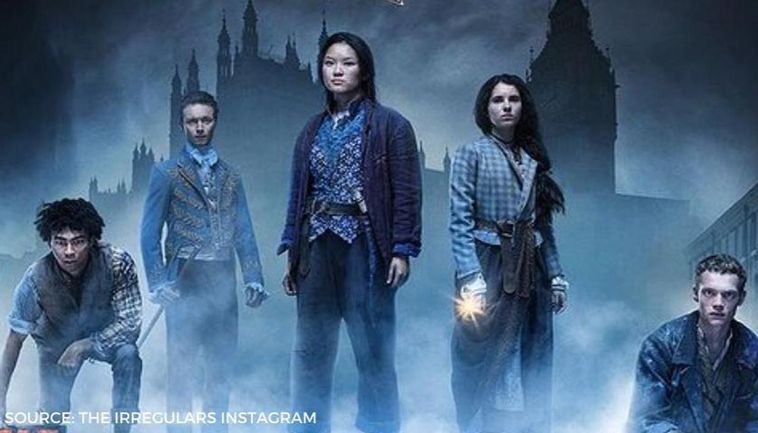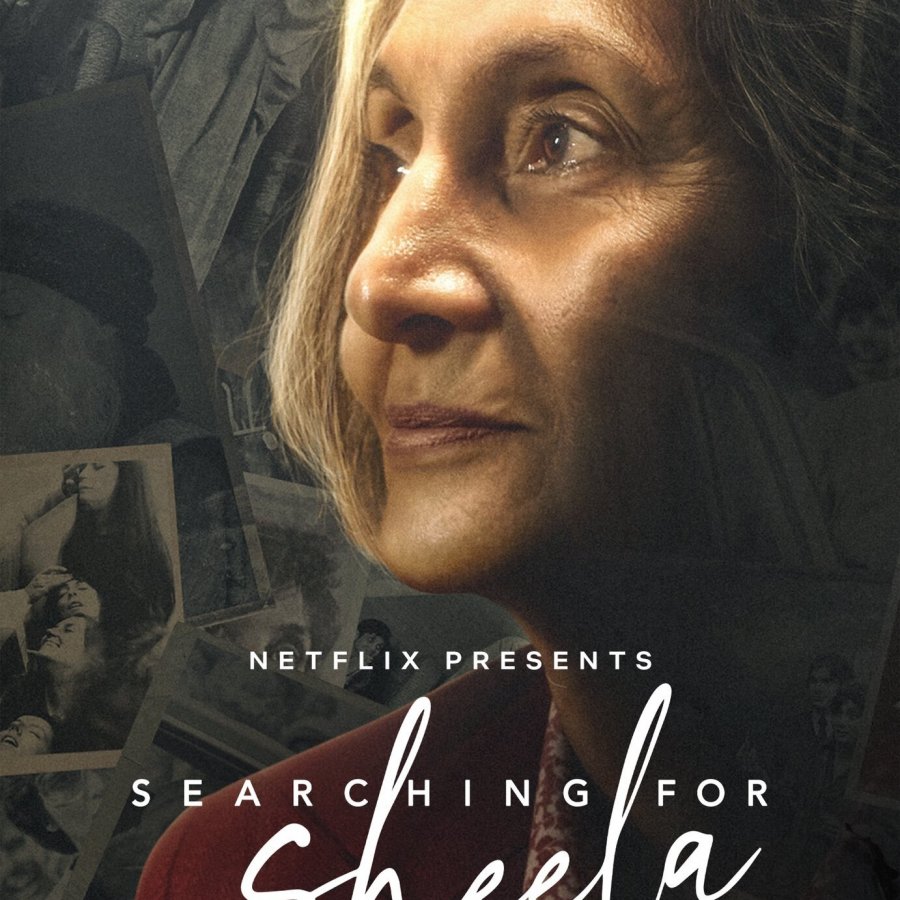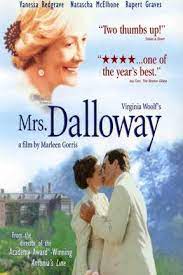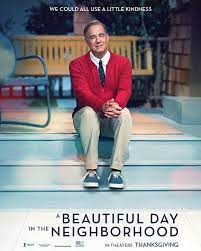OTT Escapes From Bleak Corona Reality; The Irregulars, Mrs. Dalloway & …
4 Films: The Irregulars, Mrs. Dalloway, Searching for Sheela, A Beautiful Day in the Neighborhood

Alas, India is in the grip of a virulent Covid deja vu–as we battle the second wave, there is a brain-numbed empathy for the dead and for the pile-up of bodies outside crematoria (does anyone die a ‘dignified death’ anymore?), a breath-stopping horror at oxygen and vaccine supplies running low, and the home incarceration blues caused by yet another lockdown.
Aside from reading almost incessantly, I also map strategic escapist exits into Netflix, Amazon Prime, and youtube bingeing from time to time. Plus my own buoyancy that still sees and relishes the dappled sunlight on the leaves, the beauty in the eyes of a cat, and the sheer gratitude for being alive here and now.
I love the bleak dark cityscapes, with occasional gleams of light piercing the murk (an almost Gnostic sense of atmospherics). What I dislike about the series thus far: the portrayal of Holmes as a wasted junky who just lies around 221 B, occasionally puking his guts out. I remain true to the canonical Holmes whose morphine and cocaine addictions are always secondary to his prime addictive passion: his work as a consulting detective.
Four bite-sized film reviews of OTT films that touched a chord or two in me, wincing now and again: First, The Irregulars–a really weird Holmes pastiche. Don’t get me wrong–I am not a Holmes Canon fundamentalist, fretting and fuming at the non-canonical deviance of this Netflix series. A few aspects of the series (I’ve watched the first two episodes of the first series) that really tickled me. One is the brave multiculturalism, rescuing Holmesian tradition from the all-white male late Victorian stuffiness of the canon. Watson is played by a black Brit. actor. The Irregulars, a ragtag bunch of white male street kids in Conan Doyle’s version, is headed by Bea, a feisty Chinese Brit. girl, her white sister (sic!) Jess, and a black kid named Spike. Billy is the only white kid in the bunch and is depicted pretty much as I visualized Doyle’s Billy.
There is also the white haemophiliac Prince Leopold, who escapes the palace, to hang out with the Irregulars incognito.
The second film is one that I enjoyed without caveats: the Vanessa Redgrave version of ‘Mrs. Dalloway’. Vanessa plays Virginia Woolf’s Clarissa Dalloway to perfection–there is a sense of graceful, effortless gliding about her role in the film. Clarissa Dalloway gliding up and down staircases, through lush lawns, and tete-a-tetes with acquaintances at a party.
Behind the glide is all of Clarissa’s (and Woolf’s) proneness to anxiety caused by low self-esteem, and little plunges into small whirlpools of depression. The film does its best at capturing the complex flowing Woolfian stream of consciousness style, with flashbacks constantly juxtaposed with here-and-now realities.
My third pick: the Netflix biopic Searching for Sheela, based on flashbacks and real-life interviews with the ever-controversial Ma Anand Sheela, Osho’s love, his muse, and director of the discredited Oregon commune.

Much of the biopic focuses on her return to India to promote her book on Osho. Oddly enough, Sheela comes across as likable, vulnerable and yet centered and at peace in this biopic, spouting Osho-isms to her disabled clients at a care center in Switzerland. Karan Johar, Barkha Dutt, and other interviewers did a good job overall.I love Sheela’s off-the-cuff reply to Karan Johar about Osho’s eyes being more beautiful than his penis. She insists that they had a deeply spiritual I-Thou, rather than physical sex.
Curiously enough, the interviewers weren’t tough enough on her. They went around in circles, coming back to the same tired-ass questions about whether she was a bio-terrorist in Oregon or not. I would have asked her the really important question about why she created a religion called ‘Rajneeshism’, given that Rajneesh (Osho) was as allergic to organized religion and politicized religion as someone he loved and bashed at the same time, namely, J. Krishnamurti. She did this when Osho went into a period of silence in Oregon. All in all, an interesting biopic.
My fourth and final film for this post is Tom Hanks’s take on the child TV host, Mr. Rogers–‘A Beautiful Day in the Neighborhood’. Hanks plays the ’80s child TV host Fred Rogers well, capturing his strange naivete bordering on innocence, his schmaltziness about the beautiful neighborhood and world, and his genuine eccentric caring for strangers.
It occurred to me that Mr. Rogers often echoes New Age guru Louise Hay on unconditional self-love and openness to the positive.
Cliched and sentimental? In a Covid round 2 context, perhaps that’s just what we need–a dose of Louise Hay and Mr. Rogers to feel better about ourselves and the world.-

